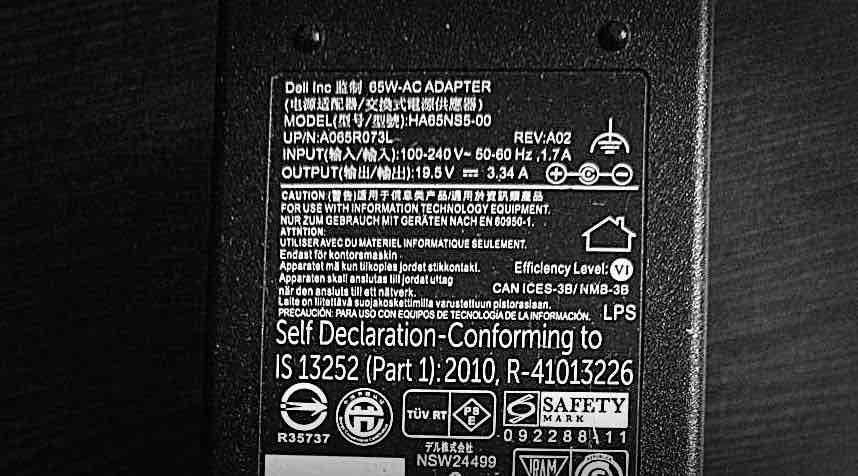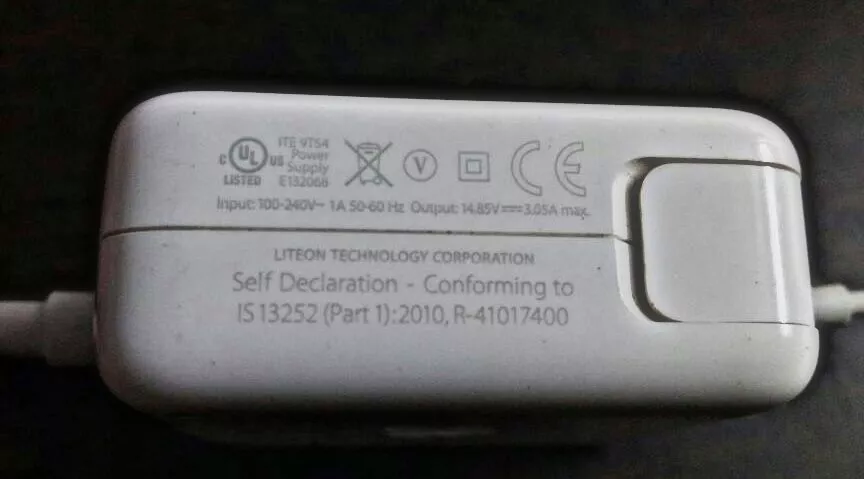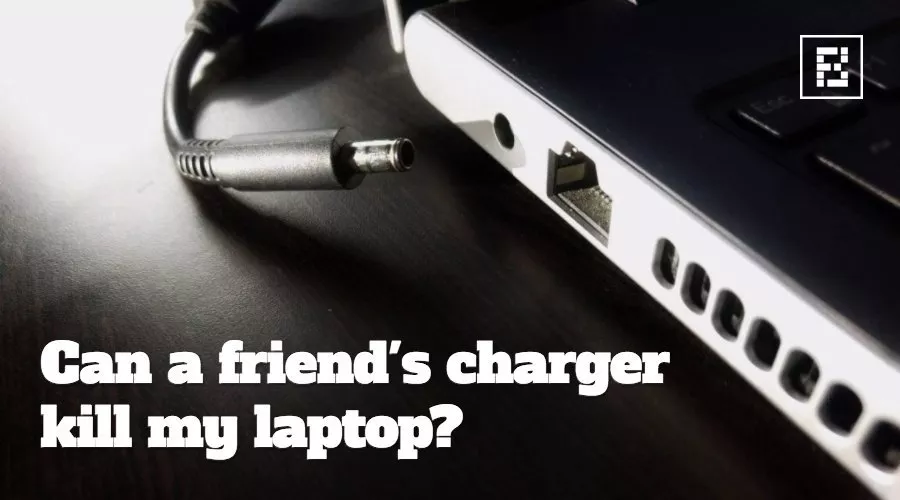Short Bytes: If you’re using a laptop charger that’s didn’t come bundled with your laptop, there are few points that one needs to consider. While the voltage and polarity should match with the original charger, the amperage (and wattage) should exceed the required value or match it. However, one should try to use the original charger supplied by the OEM for safety.
here are some situations in your technology-fueled life when there’s no option but to borrow chargers from your friends. You might have experienced such situation after losing your charging cable or any other reason. Often people look for laptop chargers of the same company and try to get things done. But, does a charger of a different wattage harm your device? Is it safe to use a power supply with a different configuration? In this article, I’ll try to answer these questions.
What if I use a different charger to charge my laptop?
You might be knowing that each power adapter is designed to work with a certain AC input. It converts the input into a particular DC output that charges and runs our electronic devices. Many sensible device manufacturers write lots of information on the chargers, making the harder part of fetching the values of voltage and current easier. However, in situations when there is little or no information on the label, one should select a different charger with utmost care.

The first thing that anybody would consider is that the charger you’re grabbing has a connector that perfectly fits. In most Android smartphones, it’s no brainer. In laptops, many shapes of connectors are proprietary (Apple says hello!). So, other chargers might not fit properly.

After this, you need to take care of the voltage and Amperage. In most cases, the voltage is listed somewhere on the power brick. If everything is same, then things should be okay. In cases where the voltage is too high, your laptop might end up shorting due to overload. So, you’ll want the voltage (and polarity) on your device to match the voltage of your charger.
Coming to Amperage, it regulates how much power flows per unit time from the charger to your laptop. For proper functionality, the amperage listed on your charger must match or exceed the one needed by your device.
So, here are few short points to keep in mind:
- Size and shape of the connector should match
- Voltage and polarity should match
- Amperage should match or exceed
- Lower amperage might fry your charger and heat the laptop
While there are other minor points governing a healthy laptop operation, the above-mentioned points will be enough for a good performance. In case your device is using a USB charger, these point don’t really matter as they are almost the same.
Did you find this article helpful? Don’t forget to drop your feedback in the comments section below.

Comments
Post a Comment